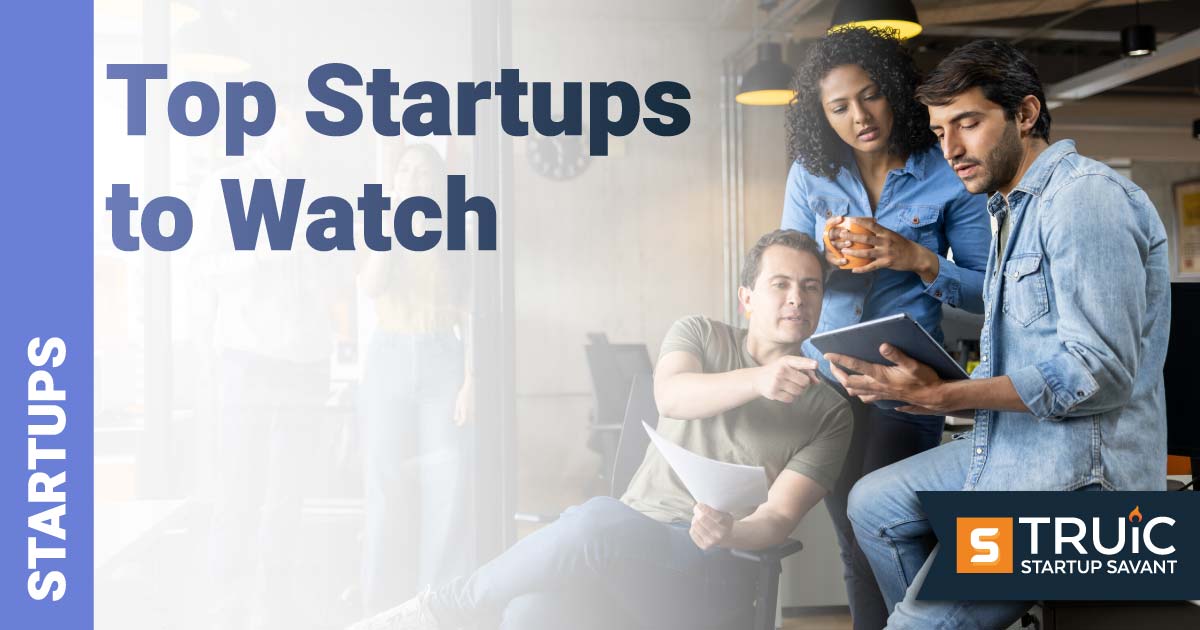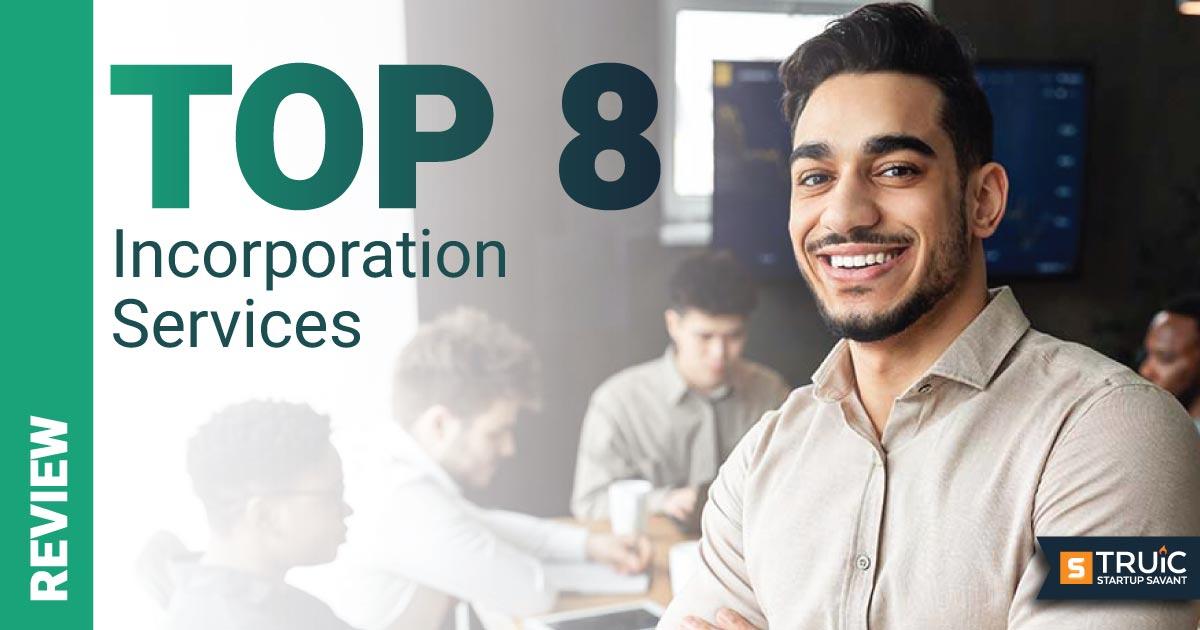Native Voice Profile
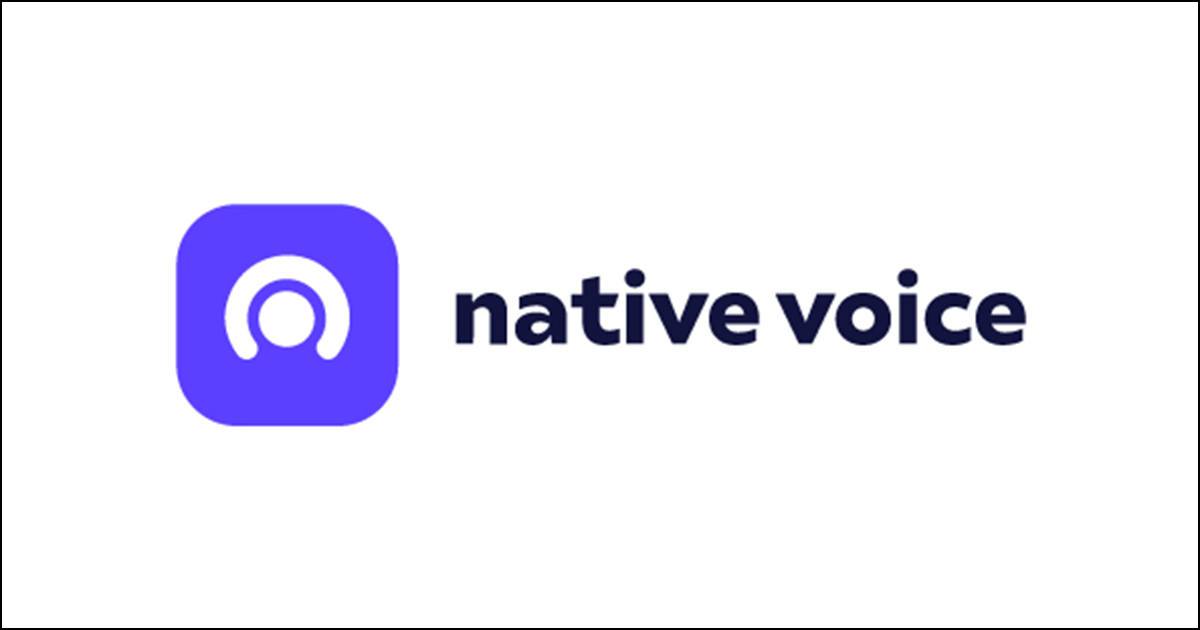
Last Updated: By TRUiC Team
Native Voice is an AI startup that enables users to communicate with brands using a virtual assistant library.
Interview With John Goscha
Describe your product or service:
“Native Voice is an on-demand voice assistant library that enables users to communicate directly by voice with their favorite brands.”
Describe your company values and mission:
“Native Voice makes life simpler by connecting people with brands’ voice assistants and all the help they have to offer, in one place. The company is on a mission to free everyone to do more with direct and seamless access to the most delightful and valuable voice experiences.”
How are you funded? I.e., type of funding, number of funding rounds, total funding amount.
“Native Voice closed a $14 million seed round led by Gutbrain Ventures, PBJ Capital, Signal Peak Ventures with participation from Revel Partners, Ideaship, TechNexus, and others.”
How did you come up with and validate your startup idea? Tell us the story!
“One story that stands out for me is seeing my mom use Siri to change the simple settings on her phone. ‘Hey Siri, Bluetooth off,’ ‘Hey Siri, turn my flashlight on.’ I see kids also using voice assistants for these tasks. As I asked them why they used voice, they often told me it was easier than finding it in the settings or that they didn’t even know another way to do it. Although, among my peers, we aren’t automatically going to voice. It appears to me that many of us are of the smartphone generation, and we learned all the settings and have become accustomed to them. However, many had voice when they first bought a smartphone and defaulted to the easiest, fastest way vs. the manual multiple taps and swipes. This made me realize those who have the option from day one will choose the easiest, fastest way, and perhaps we will see a huge shift to voice over the life of a generation.”
Who is your target market? How did you establish the right market for your startup?
“All smartphone users.”
What was the biggest obstacle you encountered while launching your company? How did you overcome it?
“One funny obstacle that stands out is when I was pitching a VC on Native Voice, and they loved it, throughout the meeting, they were telling me how much they loved it, and they were ‘in.’ We talked and talked, and then about 45 mins later, they said, ‘Wait, you enable multiple voice assistants on a single audio device? Oh gosh, okay, that’s even better!’ I thought to myself, ‘What did they think I have been talking about this entire time?’ But I didn’t have the courage to ask. Clearly, this VC did not end up investing.
I walked away from this meeting with a strong realization that I had to be able to communicate what I was doing clearly, in one to two sentences — and that people had to get it every time. If I couldn’t do that, I wouldn’t get the support I needed from investors, customers, employees, etc.”
Feeling inspired? Learn how to launch your company with our guide on how to start a startup.
What is your primary marketing strategy?
“We are a B2B2C company. We work with brands and device manufacturers (OEMs) to market voice services to their end users, so our primary role is to work with those marketing groups to refine value proposition, positioning, and GTM plans with them based on best practices we have developed. We compliment this with our own supporting PR around key launch moments. We are lucky to hand partners like Alexa Voice Services, Skullcandy, and iHeart Media — all of which have incredible brand awareness and a broad number of channels to reach and educate customers about voice. We reach our own customers (brands and OEMs) through industry events and forums and by generating topical thought leadership, disseminated through press and media partners.”
What are the key customer metrics you pay attention to for monitoring the health of the business?
“We try to stay as focused on end users as we can because that drives our success in the long run. This means we measure all aspects of UX quality as they relate to voice services, end to end, across the customer journey. We’ve developed a comprehensive ‘quality dash,’ which we review as a team 2x a week. With each partner we GTM with, we have a range of end-user success metrics that measure end-user adoption and engagement and how that is creating gains for our partners in their own sales, acquisition costs, and retention metrics. As an early-stage startup, revenue is king, and our agreements with content partners and OEMs provide licensing and revenue share income on a per-user basis, so that keeps us aligned nicely with our partners.”
What are a few of your favorite startup tools, apps or services?
“We are 100% remote and have team members in most time zones, so a combination of video, chat, and cloud workflow tools are central to how we operate. Working with so many partners creates a real challenge for us to streamline development cycles, but Jira and associated plugins are our single source of truth in most cases. And, of course, we obsessively use voice assistants across every domain and device (earbuds, speakers, automotive) – there are a lot of brand-specific assistants making their way to market to complement the general assistants like Alexa and Siri right now, from the likes of Sonos and Disney, and including the new ‘Hey iHeart’ assistant we have built.”
What is something that surprised you about entrepreneurship?
“Entrepreneurship is in my blood, quite literally. Both my father and grandfather were entrepreneurs, I had the unique opportunity to watch and learn from them as I was growing up.”
What was your first job and what did it teach you?
“I founded my first business–Goscha Golf–in high school. It was a simple beginning, to say the least, I was assembling golf clubs in my garage and selling them. Within a couple of years, I sold enough golf clubs to hit six figures in sales. Early in my life, my family had some hard financial times, losing the house, etc. I remember the strong urge to help in any way I could. For me, dealing with my family’s financial insecurity is what drove me to work hard and try to build a business. This has shifted over time to wanting to have the largest positive impact I can, working to level the playing field and enhance people’s lives and well-being. Whenever I am not making progress or moving forward, I feel it in my gut. In order for me to feel fulfilled, I have to be focused on this passion.”
What is your #1 piece of advice for startup founders?
“Try to stay as curious and open to learning from the people around you as possible. Building a diverse team is critical to building resilience and a path to success.”
What is the best method you've found to avoid burnout as an entrepreneur?
“Be sure to find time for friends, family, and the things you enjoy. If you focus entirely on work, burnout is inevitable.”
What is your advice for coming up with a unique startup idea?
“Starting a company is hard, and I learned a lot along the way. Learning from mistakes will help you to overcome obstacles, but being resilient will keep you from crumbling when the going gets tough. With Native Voice, we are creating something that is brand new, and we are setting out to prove a big vision. This means that nearly every day, we have to overcome significant challenges — either on the technology side, on the user experience design side, or on the business model side. We are doing things that no one has done before — and ushering in a behavior change around screen dependency that has been ingrained in us since the advent of the smartphone — so we need to stay unwaveringly committed to delivering maximum value to the end user and shaping our decisions about everything else around this.”
What is your advice for overcoming challenges and failure?
“Fail Fast: There are so many ups and downs. The entrepreneurial path is a zigzag, not a straight line. The key is to find what doesn’t work fast enough so you can find what does work. Don’t get stuck on doing the wrong thing for too long. Learn, change, and improve until it works.”
What is the biggest lesson you learned and what can aspiring entrepreneurs take from it?
“99% is the people. Startups often fail because they don’t execute and they don’t have the right people in the right places. You are hiring people who are often doing things for the first time. Figure out what is critical and must be done right to win, and in those roles, find people who have done it before. The challenge with a startup is there is so much risk. Product risk, finance risk, market risk, and people risk. Eliminate as many risks as possible, including making sure you have the right people covering the critical ‘must do to win’ items.”
What is your advice for entrepreneurs seeking funding for the first time?
“Start small: Prove it on a small scale. Show me one customer, then two … then ten before you worry about customer #100,000. Prove it, then scale it. Many entrepreneurs want to be ready to scale first without having a proven product market fit. I have wasted more money ‘making sure I was ready’ than I’d like to admit. Until you have a customer, there is no company. You don’t need an office, you don’t need expenses. Keep the company as lean as possible until you are able to prove it.”
Tell Us Your Startup Story
Are you a startup founder and want to share your entrepreneurial journey with our readers? Click below to contact us today!
More on Native Voice
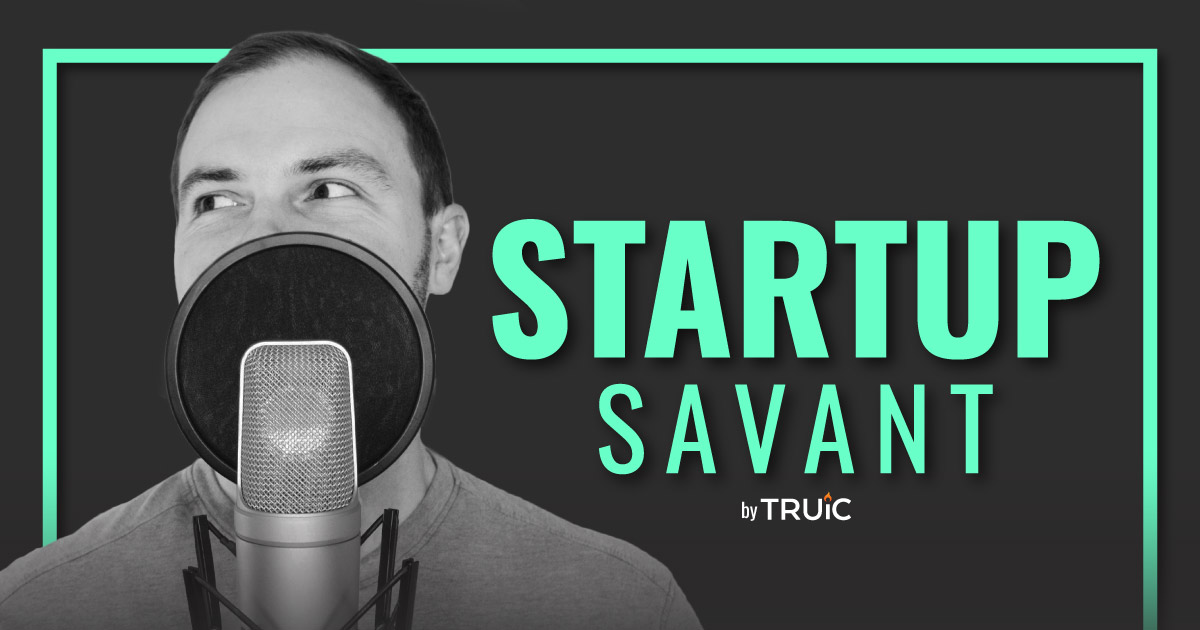
Will Voice End the Smartphone Era? John Goscha of Native Voice
The founder of Native Voice joins the podcast to discuss the future of ambient and voice computing as well as how it could impact the daily-use technologies of today.
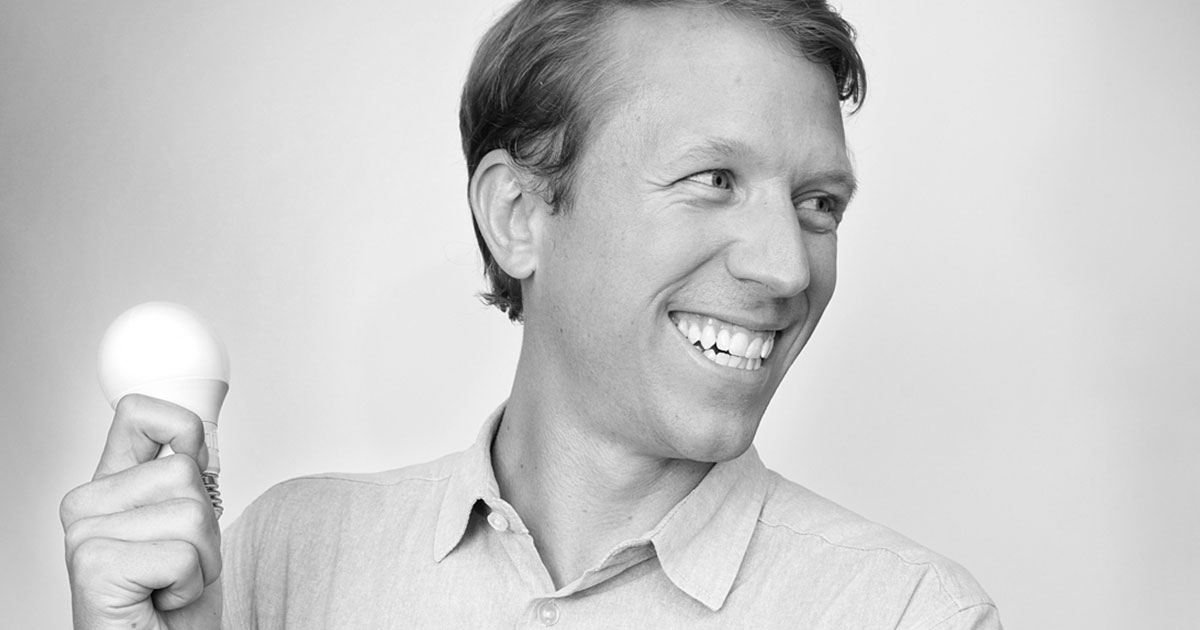
Shaping the Future of Voice Technology
John Goscha, founder of Native Voice, launched the AI startup to seamlessly transition between voice computing services. This is their origin story.




